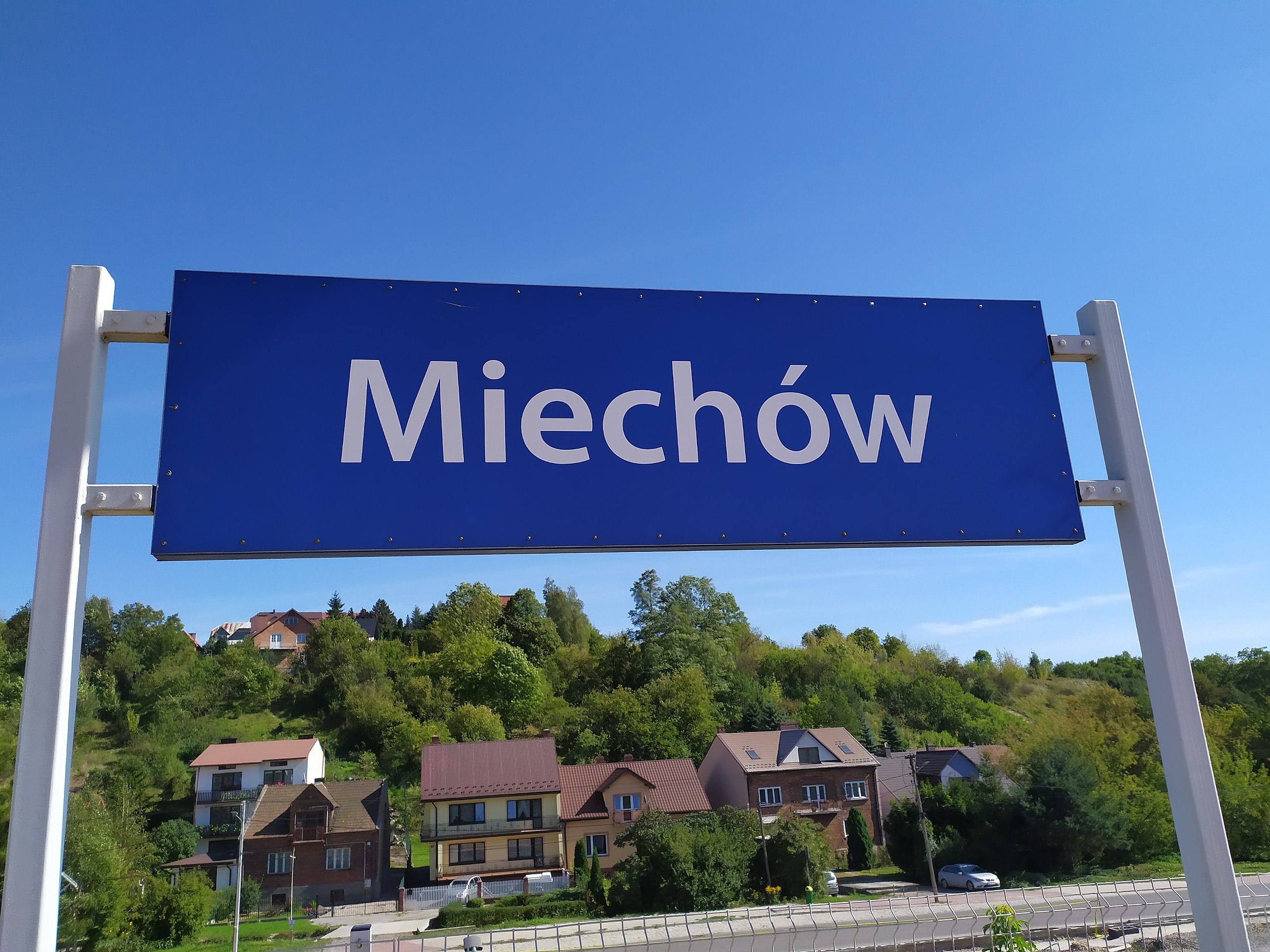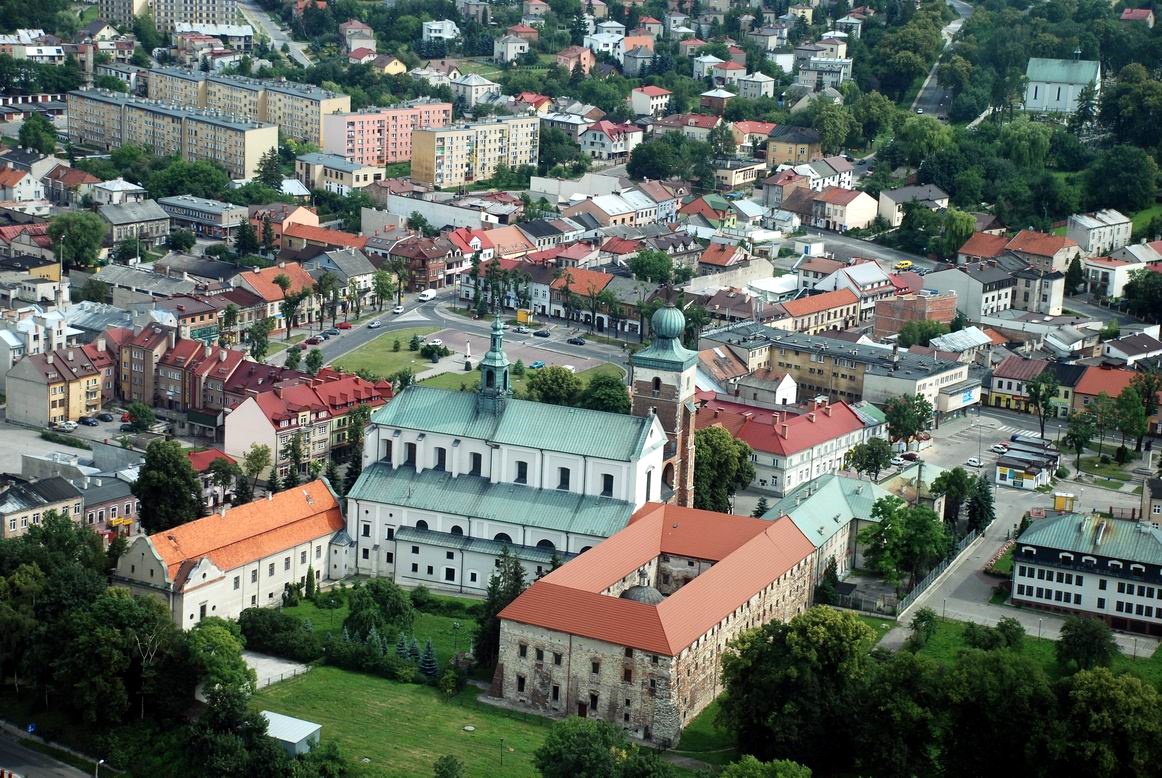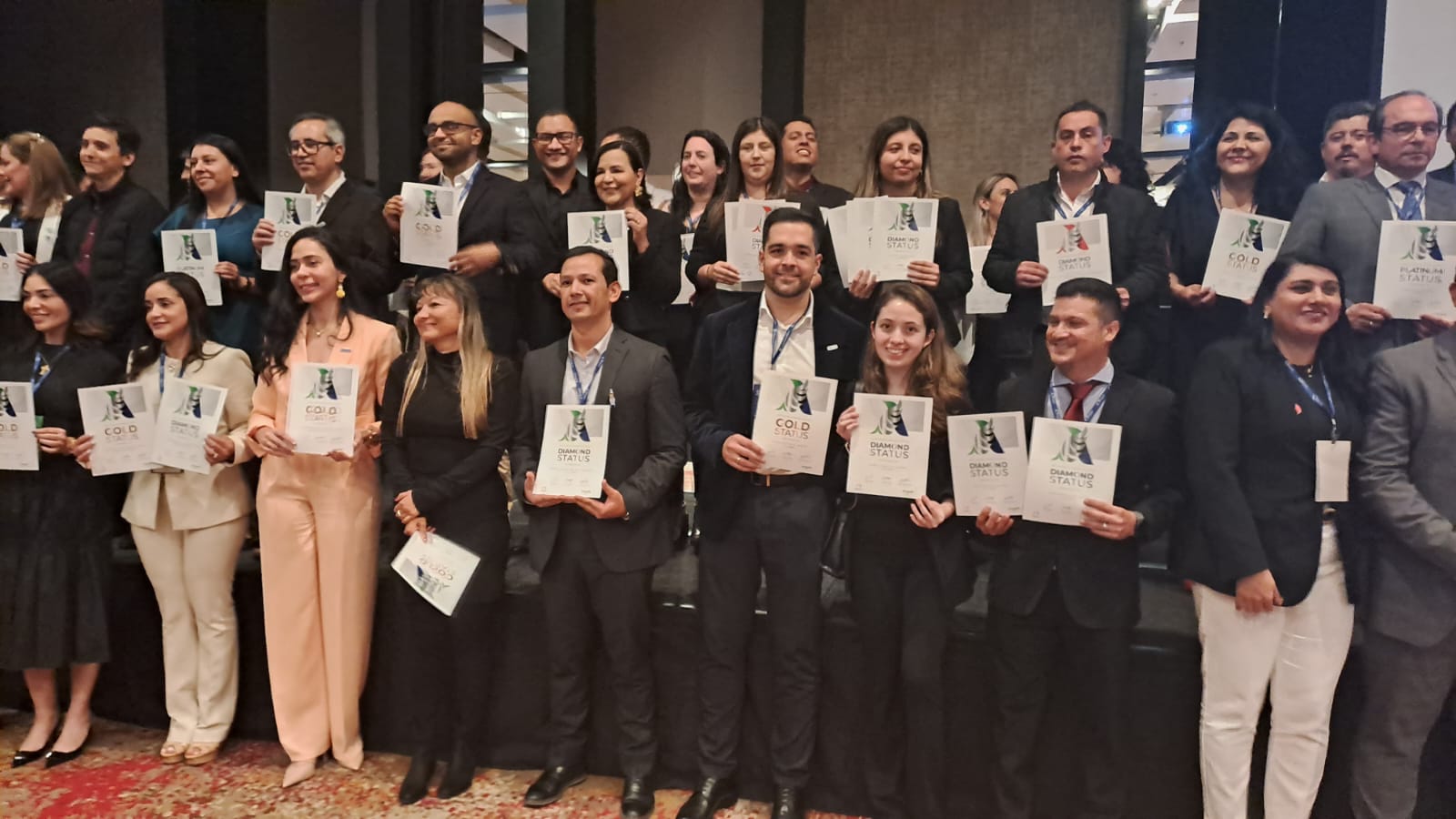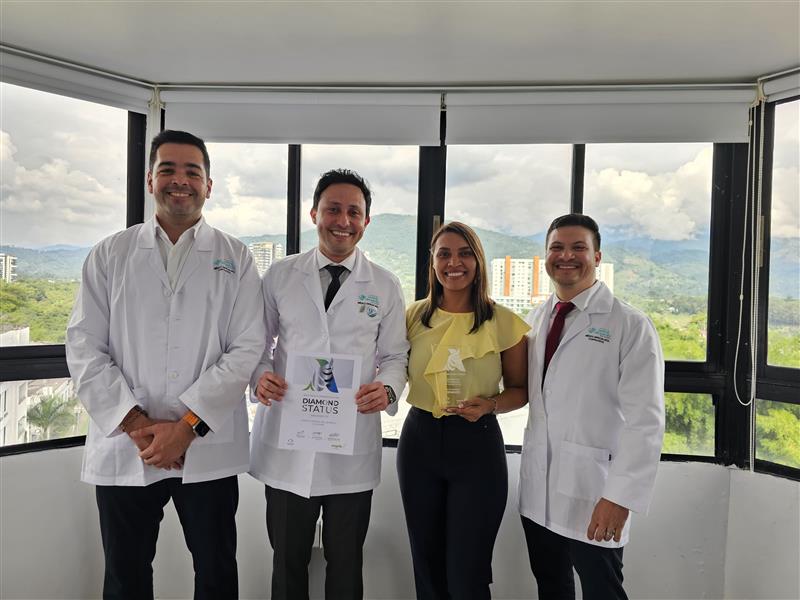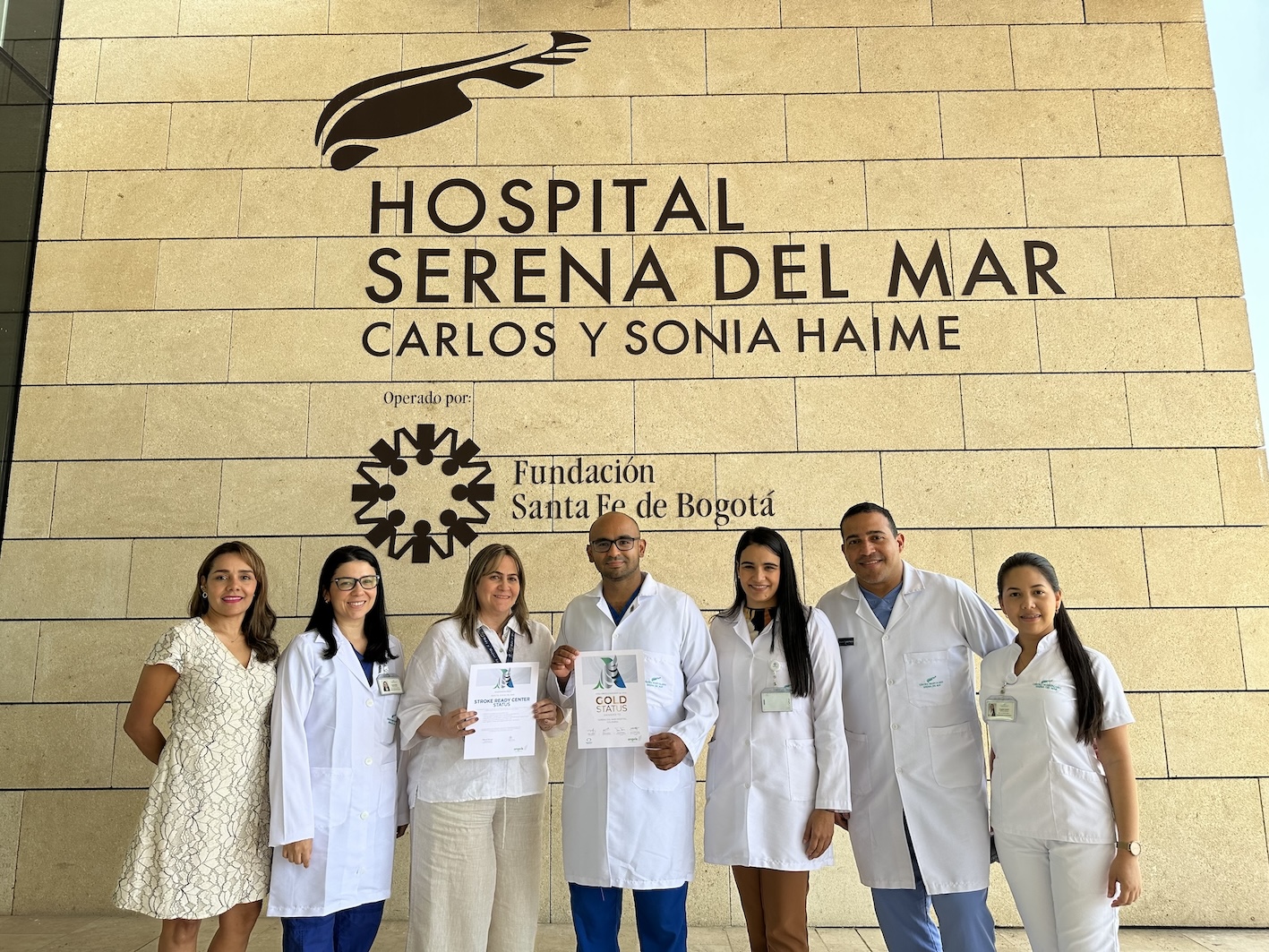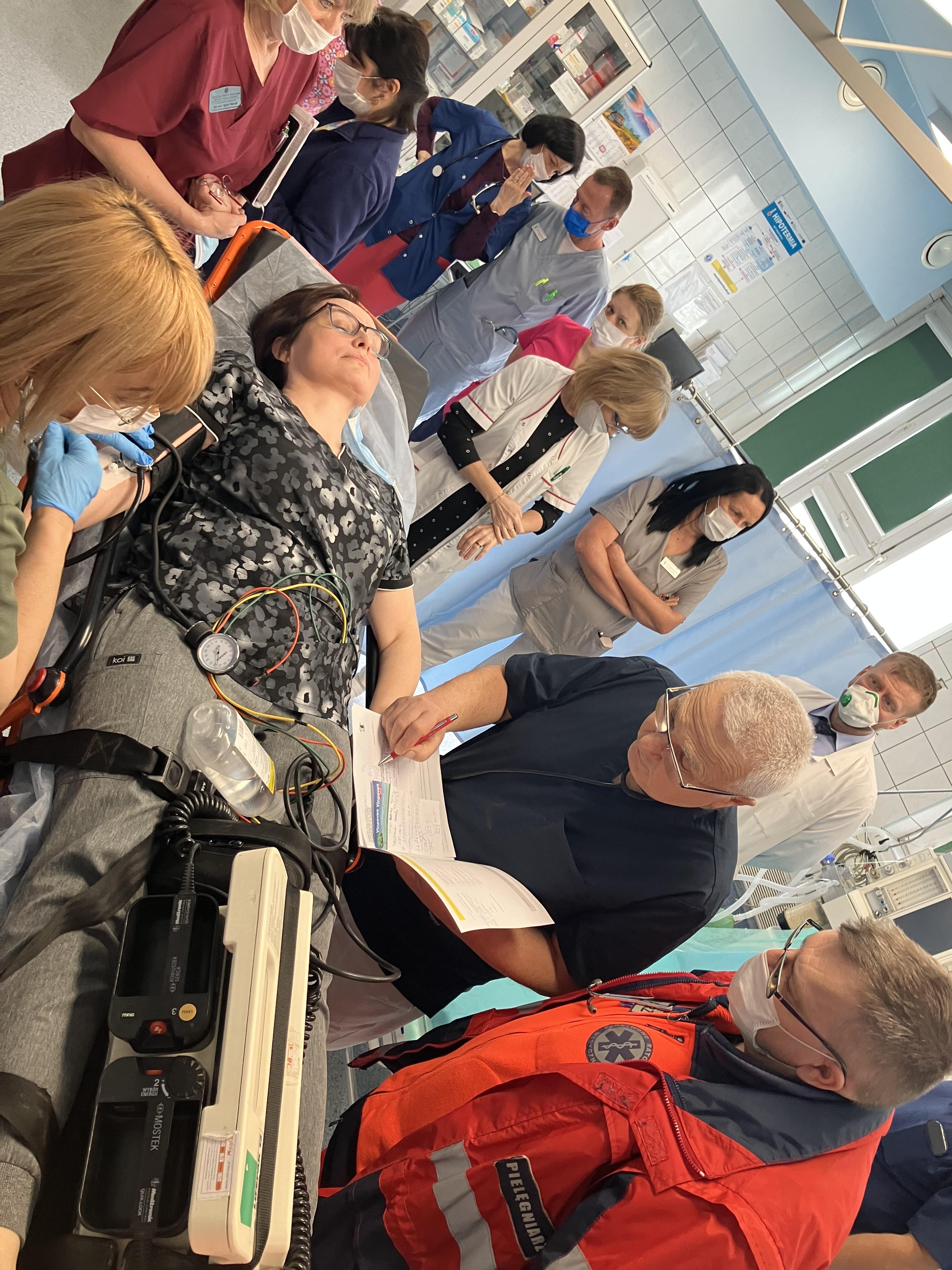
Vào lúc 9 giờ sáng thứ Sáu ngày 24 tháng 3, một người cao tuổi ở Miechów, một thị trấn ở miền nam Ba Lan, vừa ăn xong bữa sáng với gia đình khi anh bắt đầu cảm thấy yếu ớt và chóng mặt. Anh ấy đã kể một câu chuyện tuyệt vời nhưng đã vỡ ra giữa câu, bối rối. Như thể ngôn ngữ của ông đã rời bỏ ông, và lời nói của ông đã biến thành màu xanh xao trong miệng ông.
Ngay sau đó, anh thấy mình nằm trên sàn nhà, gia đình lo lắng của anh tập trung xung quanh.
Không lâu sau đó, một chiếc điện thoại vang lên trong túi của bác sĩ thần kinh đang làm nhiệm vụ tại Bệnh viện St Anna. Cuộc gọi đến từ xe cứu thương đang chạy nhanh qua các đường phố Miechów: một bệnh nhân đột quỵ nghi ngờ đang trên đường đến.
Bác sĩ thần kinh chuyển cảnh báo đến phòng CT và phòng thí nghiệm trước khi đến phòng cấp cứu, y điều dưỡng đột quỵ đang mang túi đột quỵ Angels với tốc độ nhanh chóng.
Khi người đàn ông 85 tuổi được đưa vào ED trên cáng cứu thương lúc 10:25 sáng, bác sĩ nhận thấy hài lòng rằng nhóm EMS đã đo glucose của bệnh nhân và đặt một ống thông.
Đây chính xác là cách họ đã thực hành nó.
Dù bạn cần gì, chúng tôi sẽ làm điều đó
Con đường dẫn đến thời điểm này đưa chúng ta trở lại cuối mùa hè năm 2022 khi tư vấn viên của Angels, Katarzyna Putyło, đến thăm Bệnh viện St Anna và gặp giám đốc, Tiến sĩ Mirosław Dróżdż, người đứng đầu đơn vị đột quỵ, Tiến sĩ Jacek J AVXdrzejewski và người kế nhiệm được chỉ định của ông, Tiến sĩ Małgorzata Dratwińska- Michta.
Miechów nằm cách Kraków khoảng 40 km về phía bắc và Kielce 70 km về phía nam, nằm giữa hai thành phố lớn này khiến nơi đây trở thành địa điểm lý tưởng cho một trung tâm đột quỵ chính. Đây chính xác là những gì nhóm nghiên cứu tại St Anna đã nghĩ đến ngay khi họ nhận được hợp đồng cần thiết từ Quỹ Chăm sóc Sức khỏe Quốc gia (NHF).
Sau khi gặp Katarzyna, các bác sĩ đã viết thư cho NHF, cho cơ quan y tế biết rằng, ngoài các nguồn lực của riêng họ, đơn vị đột quỵ trong tương lai của họ sẽ nhận được sự hỗ trợ của Angels.
Đầu năm 2023, hợp đồng đã được bảo đảm, Katarzyna đã theo dõi các bác sĩ và y tá, trưởng khoa, chuyên gia và nhân viên y tế nộp hồ sơ vào phòng nơi cuộc hội thảo đa ngành đầu tiên sắp bắt đầu. Những người cởi mở từ mỗi bước trên con đường bệnh nhân đã đến cuộc họp, mang đến cho họ cảm giác lạc quan và háo hức giúp đỡ.
Nhiều người trong số họ đã chứng kiến kết quả cho những bệnh nhân đột quỵ không thể đạt được điều trị cấp tính kịp thời. Quyết tâm tham gia vào thay đổi của họ đã được người đứng đầu trạm EMS địa phương tóm tắt, người này nói với các bác sĩ: “Bất cứ điều gì bạn cần, chỉ cần cho chúng tôi biết và chúng tôi sẽ làm điều đó!”
Mọi thứ ở mọi nơi cùng một lúc
Vào cuối mùa đông, nhóm nghiên cứu tại St Anna đã tham gia vào một chương trình đào tạo bao gồm từ đào tạo trước khi nhập viện cho EMS đến đào tạo sau cấp tính cho các y tá. Y điều dưỡng trưởng điều dưỡng đột quỵ Jolanta Dunal khuyến khích nhóm của cô hoàn thành khóa học Chứng nhận Y tá Đột quỵ tại Học viện Angels và trưởng khoa cấp cứu, Tiến sĩ Joanna Sowizdraniuk, đã cho nhóm của cô tham gia khóa đào tạo tối cấp tính cho các bác sĩ thần kinh. Cả hai đều tham gia vào việc soạn thảo đề phác đồ và tin rằng để đáp ứng tiêu chuẩn chăm sóc, nhóm của họ không chỉ cần biết phải làm gì; điều quan trọng không kém là họ hiểu tại sao.
Trước mô phỏng lộ trình dự kiến vào ngày 17 tháng 3, các bác sĩ tại St Anna đã học được nhiều nhất có thể từ những gì các bệnh viện khác đã làm để giảm thiểu sự chậm trễ. Họ xem xét mọi cơ hội, từng chi tiết.
Thông báo trước? Kiểm tra. Lây truyền? Kiểm tra. Phòng chụp CT đã được dọn dẹp? Kiểm tra. Phòng thí nghiệm được cảnh báo? Kiểm tra.
Bệnh nhân sẽ vẫn ở trên cáng cứu thương khi họ tiến đến phòng CT thông qua một điểm dừng trong ED để đánh giá thần kinh và lấy máu. Phòng thí nghiệm đã có kế hoạch ưu tiên các mẫu máu từ bệnh nhân đột quỵ nhưng trong trường hợp không có dấu hiệu ngược lại, quyết định điều trị sẽ không chờ kết quả.
Một điều dưỡng ED sẽ theo dõi bệnh nhân trong khi điều dưỡng đột quỵ chuẩn bị và sử dụng thuốc tiêu huyết khối, và nếu CT mạch được chỉ định, thuốc cản quang có thể được sử dụng thông qua ống thông thứ hai cùng một lúc.
Mọi người đều có một danh sách kiểm tra và mọi người đều ủng hộ nhau. Việc thiết lập thói quen tốt dễ dàng hơn thay đổi thói quen xấu, nhóm nghiên cứu tại St Anna tin tưởng, vì vậy họ đã chú ý đến mọi thứ, ở mọi nơi, tất cả cùng một lúc.
Mỗi phút đều quan trọng
Cuối chiều thứ Sáu, ngày 17 tháng 3, Katarzyna đã đăng tin nhắn sau trong nhóm Angels WhatsApp: “Muốn chia sẻ nhanh chóng với bạn kết quả tuyệt vời của mô phỏng ngày hôm nay trong một bệnh viện điều trị mới. Tôi rất tự hào về họ. Thời gian DTN của họ là 11 phút 40 giây, và tôi phải nói rằng đó là do tổ chức lộ trình đột quỵ tuyệt vời và sự hợp tác tuyệt vời của EMS, ED và nhóm đơn vị đột quỵ. Họ đã thực hiện mọi hướng dẫn, sử dụng mọi công cụ. Bây giờ họ cảm thấy tự tin và đã
biết rằng họ sẽ sẵn sàng tiếp nhận bệnh nhân đột quỵ từ thứ Hai.”
Có một sự chậm trễ nhỏ trong quá trình mô phỏng, Katarzyna sau đó nói. Chờ một lát ở thang máy, không quá một phút. Nhưng đối với nhóm tại St Anna, một phút lãng phí là một phút quá dài. Giám đốc bệnh viện, Tiến sĩ Mirosław Dróżdż đã tham dự mô phỏng, và sau một cuộc thảo luận ngắn, người ta đã đồng ý rằng các trường hợp đột quỵ cấp tính sẽ được ưu tiên tại thang máy và đội đột quỵ sẽ được trang bị để ghi đè lệnh của những người dùng khác.
Chính xác một tuần sau đó vào thứ Sáu tuần sau, công dân 85 tuổi của Miechów, đến bệnh viện lúc 10:25 sáng, đã được chụp CT lúc 10:37 sáng. Điều trị bắt đầu lúc 10:42 sáng, chụp CT mạch lúc 10:44 sáng. đội đột quỵ của St Anna đã điều trị cho bệnh nhân đột quỵ đầu tiên của họ trong 17 phút.
Không lâu sau đó, bệnh nhân này đã có thể trở về nhà và thưởng thức nhiều bữa sáng hơn với gia đình và kể cho họ những câu chuyện tuyệt vời hơn. Nhưng không có câu chuyện nào tuyệt vời hơn câu chuyện tuyệt vời nhất về tất cả những điều đó – về sự cống hiến, tinh thần đồng đội và sự chú ý đến từng chi tiết đến với nhau đúng lúc để cho anh cơ hội thứ hai trong cuộc sống.
